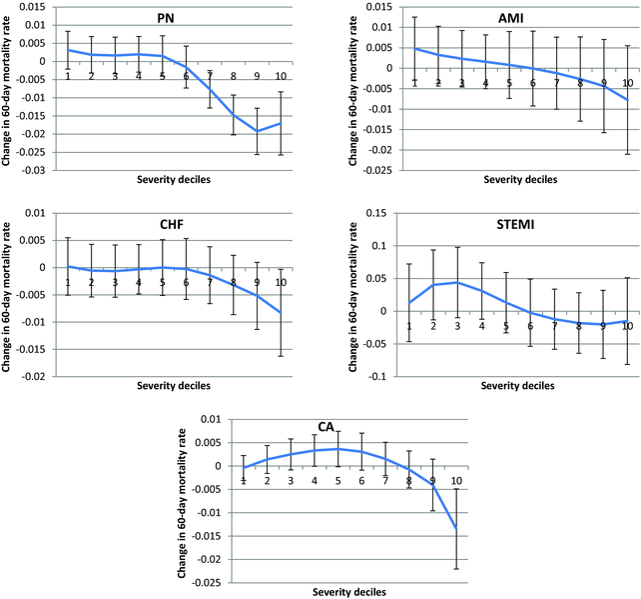Jeffrey S. McCullough, PhD, is Associate Professor in the department of Health Management and Policy in the School of Public Health at the University of Michigan, Ann Arbor.
Prof. McCullough’s research focuses on technology and innovation in health care with an emphasis on information technology (IT), pharmaceuticals, and empirical methods. Many of his studies explored the effect of electronic health record (EHR) systems on health care quality and productivity. While the short-run gains from health IT adoption may be modest, these technologies form the foundation for a health information infrastructure. As scientists are just beginning to understand how to harness and apply medical information, this problem is complicated by the sheer complexity of medical care, the heterogeneity across patients, and the importance of treatment selection. His current work draws on methods from both machine learning and econometrics to address these issues. Current pharmaceutical studies examine the roles of consumer heterogeneity and learning about the value of products as well as the effect of direct-to-consumer advertising on health.

